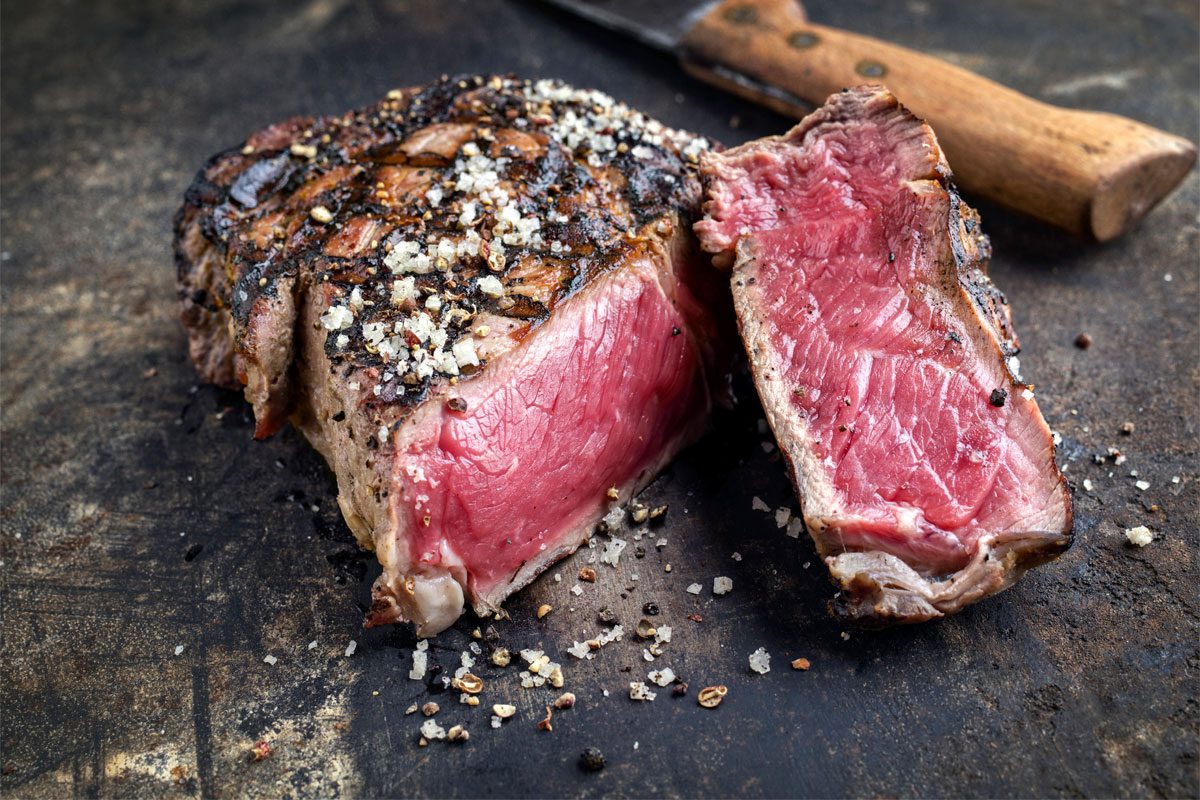A pan-European survey confirms that European citizens reduce meat consumption. This has been confirmed in the survey called “Evolving appetites: an in-depth look at European attitudes towards plant-based eating”. This survey funded by the project Smart Protein of the EU, has revealed that 51% of meat eaters in Europe say they are actively reducing their annual meat consumption. This reduction is an increase from 46% in 2021.
The main motivation to reduce meat consumption is for health reasons (47%), especially in Romania and Italy. This is followed by concern for the environment (29%), mainly in Denmark and the Netherlands. Also animal welfare (26%), mainly in Germany and the Netherlands.
«This new report provides a deeper understanding of the long-term potential of the sector plant-based. EITHER“provides proven practical recommendations so that continued growth can be maintained,” he said. Jasmijn de Boo, CEO of ProVeg International.
The survey was conducted by ProVeg in collaboration with the University of Copenhagen and Ghent University.
7.500 people in 10 European countries – Austria, Denmark, France, Germany, Italy, Netherlands, Poland, Romania, Spain and the United Kingdom – were asked. The survey asked about your opinion on the consumption of plant foods, your confidence in these products, your current consumption habits and the main factors that influence your food decisions.
The findings from Europe's reduction in meat consumption
- 51% of European meat eaters say they are reducing their annual meat consumption. An increase of 46% in 2021.
- Health emerges as the most significant factor. This influences the reduction of animal-based food consumption in specific European countries. In this way, 47% of those surveyed identified it as the main reason for their dietary change.
- A total of 27% of European consumers identify as flexitarian. This represents a 10% decrease compared to the figure recorded in 2021.
- Interest in flexitarian eating transcends generational barriers. With 29% of baby boomers, 27% of Generation X, 28% of Millennials and 26% of Generation Z identifying as flexitarians.
- 66% of the European population claims to consume legumes at least occasionally. 53% express the desire to consume them more frequently, making legumes the favorite plant food for European consumers.
- On average, 28% of Europeans consume at least one food alternative plant based at least once a week, an increase of 21% in 2021.
- Home consumption of vegetable alternatives due to accessibility leads with 67%. Supermarkets continue to be the main source for product purchases plant based with 60%.
- 46% of the European population reported an increase in their confidence in plant-based alternatives compared to two years ago.
- 62% of respondents are in favor of tax-free food products that support environmental and health values.
- A total of 46% of Europeans have adopted non-meat lifestyles for more than 2 years (flexitarian, vegan, vegetarian, pescetarian).







